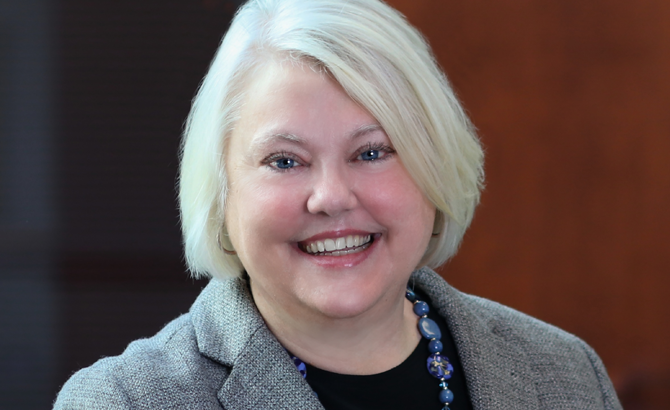Without the ability to host in-person events during the COVID-19 pandemic, law school candidates and admission offices have had to get creative, with virtual office hours, Zoom panels, and other opportunities to connect digitally. LSAC is also embracing those opportunities.
Law School Admission
Applicants to law school have always been concerned about how to pay for their education, and the ongoing COVID-19 pandemic is exacerbating those concerns. How are law school admission and financial aid offices dealing with these changing times?
At the Law School Admission Council, our origin story is tied to the advancement of equity in education.
One of the main purposes of the Law School Admission Council is to ease the process of applying to law school and obtaining a legal education.
This post is based on commentary delivered during a webinar for admission professionals on April 24, 2020.
In this time of hardship, if you are thinking about the law as your future profession, I ask you to renew your commitment to the importance of your role as future lawyers in upholding the rule of law. You are needed now more than ever.
Diversity, equity, and inclusion are at the core of what we do at the Law School Admission Council. Through our partnerships with our member law schools, we’re striving to give students from all walks of life a chance to make the dream of a law career a reality — and, in turn, create a legal system that reflects the society it serves.
December is a busy time in legal education – from students preparing for finals, to candidates preparing their applications, to deans and admission officers building their incoming classes for 2020.
Falsified test results. Nonexistent athletic careers invented via Photoshop. Massive amounts of money. These were the hallmarks of the admissions scandal that’s rocking the world of higher education.

